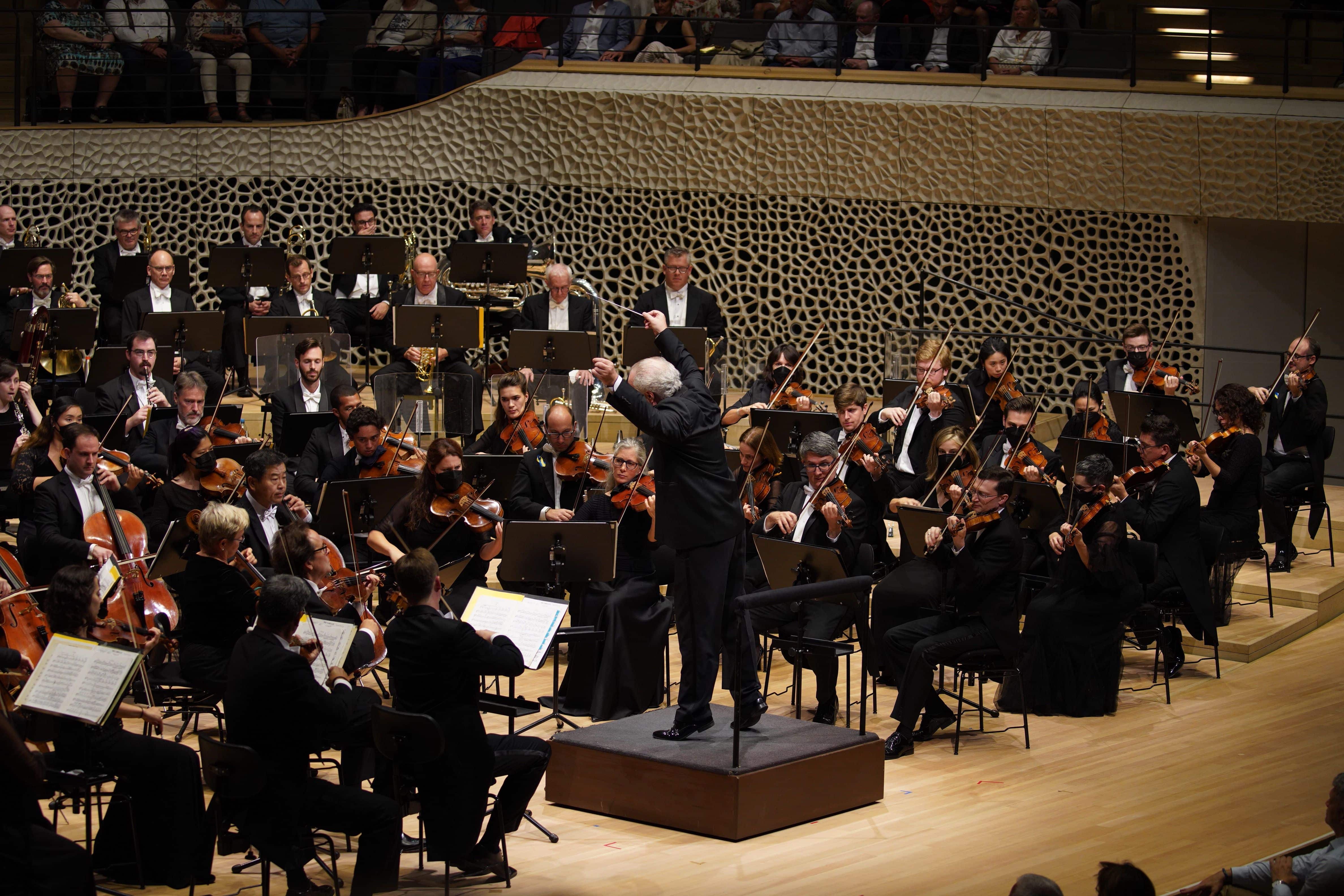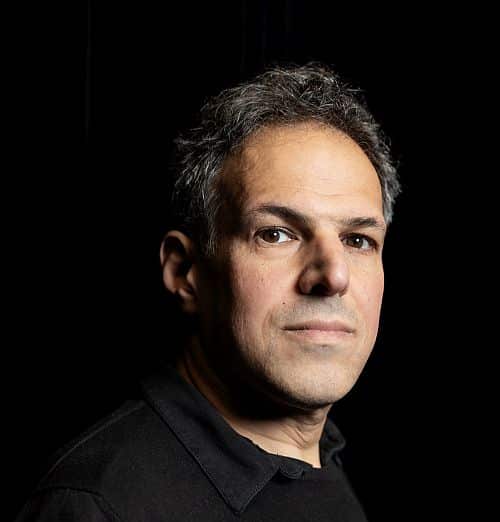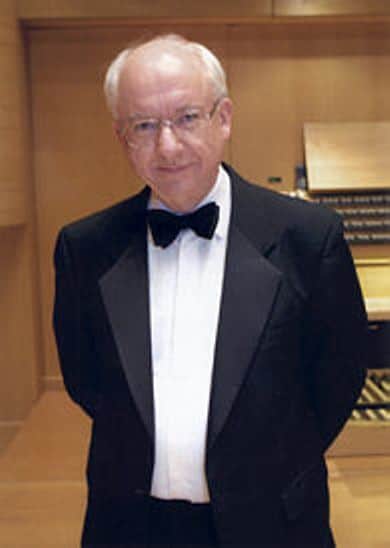US orchestra: We create 1900 jobs, adding $125m to state finances
OrchestrasFrom the Pittsburgh Symphony:
PITTSBURGH, PA— The Pittsburgh Symphony Orchestra (PSO) today released the results of an independent study of its economic impact on Pittsburgh and the surrounding region. The study was conducted by a respected international consulting firm during the Orchestra’s Fiscal Year 2023/24 Season. Driven by a commitment to unparalleled live musical experiences, community collaborations, and educational programming, the study reveals the PSO’s impact beyond its rich history and legacy of artistic excellence and concludes that the Pittsburgh Symphony generates $125 million in economic impact and sustains 1900 jobs annually.
With an annual budget of $33 million, PSO’s $125 million in regional impact equates to an almost 4:1 return on each dollar spent (higher than comparable metropolitan orchestras included in the study). The research findings also concluded that PSO attracts more visitors to Pittsburgh’s Cultural District than all other arts producing organizations combined. “As Pittsburgh’s cultural ambassador around the world, it’s important to note that this four-fold return extends well beyond our city and region,” said Marty Bates, Executive VP and COO, Pittsburgh Symphony Orchestra. “PSO European tours, internationally acclaimed recordings, and live radio streams showcase Pittsburgh’s excellence to audiences far beyond our city. That’s a powerful return on investment for our patrons, donors, business partners, and the community-at-large.”
Additionally, the study highlighted PSO’s educational impact, with PSO-affiliated musicians having taught in over 75 higher education institutions worldwide and currently supporting $12 million in local higher education spending impact. PSO musicians also mentor and teach students in youth performance groups and community schools, resulting in over $1.3 million in music-learning spend and contributing to students’ success in the classroom.
“As the needs and expectations of society evolve, great orchestras like the Pittsburgh Symphony are constantly innovating to engage current and new audiences, to elevate the music learning ecosystem, and to enrich every life with great music. This study clearly shows the value of that innovation,” said Melia Tournageau, President & CEO, Pittsburgh Symphony Orchestra. “I couldn’t be prouder of the sizeable economic and cultural impact that PSO generates each year by bringing the power of live music to 250,000 individuals, as well as the significant educational impact associated with PSO-affiliated musicians teaching and mentoring the next generation of musicians and music-lovers.”
After concluding that the Orchestra is responsible for $125 million in spending across Pittsburgh and the region, the report also determined that PSO sustains 1900 jobs annually in the Pittsburgh MSA, almost 7 times its direct base of 275 employees. PSO also attracts and retains 32% of the region’s resident, full-time professional performing artists — more than any other Pittsburgh arts producing organization.






Comments